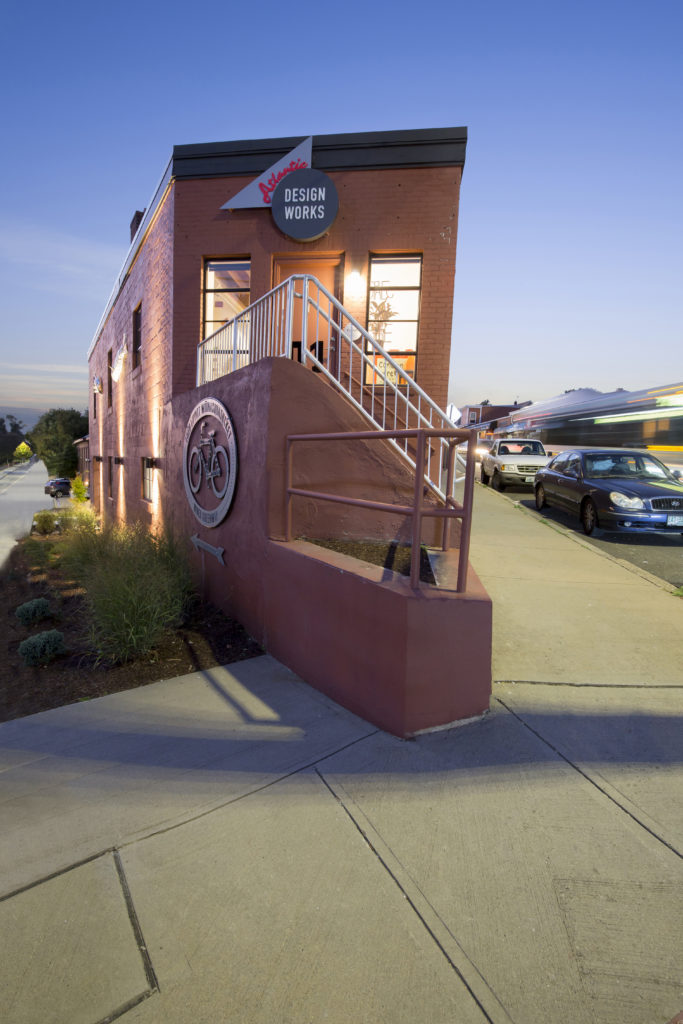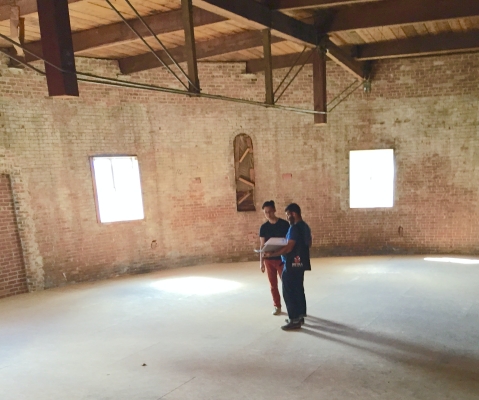Our Approach
Evolving from a concept to a construct is an adventure, and it’s our role to guide you through this process:
Discovery
Framework
Integration
Advising
Impact

Understanding our client, so we can successfully work for them.
Our first step in any design is to get to know our clients, their requirements, and the intricacies of the existing site. Only by truly appreciating what that want in a building, can we determine what they need from us.

Creating a plan to move the design, and the project, forward.
There are many moving pieces to a design project; this is where we map out how they’ll all work together. By developing strategies for building design and project management simultaneously, we can ensure that everything happens on target, according to plan.


Determining all the problems, so we can create a single comprehensive solution.
We don’t like surprises. That’s why we take the time to identify any potential problem areas, and then develop an integrated solution that aligns with the project goals. In this way, we can ensure that all project requirements can be priced and built as intended.

Maintaining the vision through the rigors of construction.
Once construction gets underway, our job has only just begun. We help resolve field conditions to ensure the build project matches the drawing intent, all to ensure that the client’s vision is followed through to completion.

Aligning your people and place to your purpose.
Even after our client takes ownership of the project, we aren’t finished. We help them through the “inhabiting” stage of occupying the building and experiencing growth, and ultimately guide them to the “influence” stage, where they meaningfully advance their mission.
The renovation of the Atlantic Gasometer by [Signal Works] is a prime example of how private developers can play a key role in community development. We were happy to see this building go to an architect that could capture the essence of the building, while adapting it to 21st century needs.Alicia J. Lehrer Executive Director,
Woonasquatucket River Watershed Council
